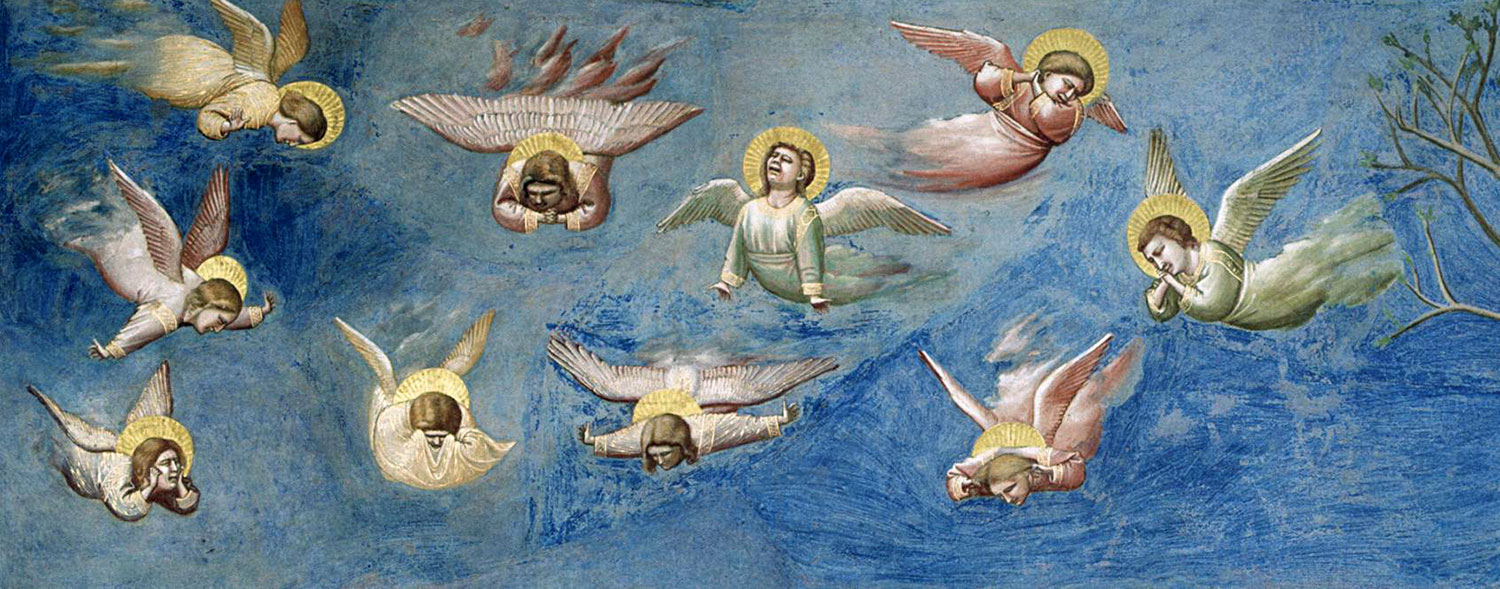substantiation

I was almost exactly halfway through Céleste Albaret’s recollections of Monsieur Proust when I realized I had erred in the matter of genre. I had supposed it was merely a servant’s memoir of her eccentric employer. Given the pains she takes to clarify her stances on her employer (not crazy, not malingering, not a bit eater, might be gay), this is an easy assumption. It is, however, no such thing – it is hagiography pure and simple. One would have thought, since I had lately been reading Bede’s Life of St. Cuthbert, I would have grasped this distinction before reaching page 185. The sentences that tipped me off were:
He realized very early that he would make demands which, together with those imposed by his health, would be difficult to ask of people. I am sure that when he saw that for me every demand made was a pleasure and easy to accomplish, he became attached to me (185, emphasis mine).
I’m not quite sure, though, who is supposed to be the saint: Albaret or Proust. For all his ‘goodness’ and attention to the people in his life, Proust seems more of a capricious deity – one who swoops down on a family and forces them to get their adolescent daughter out of bed just so he can look at her, then goes away with nary a word of thanks. Albaret, on the other hand, is ever ready, able to anticipate his every need, once she has learnt the appropriate rituals: bring in so much coffee, prepared in such a way, at such a time, with so much milk, boiled for this amount of time, no touching please, but leave the hot water bottle there. Perhaps the clue is that Albaret no longer goes to mass once she starts working for Proust: she doesn’t need to.
